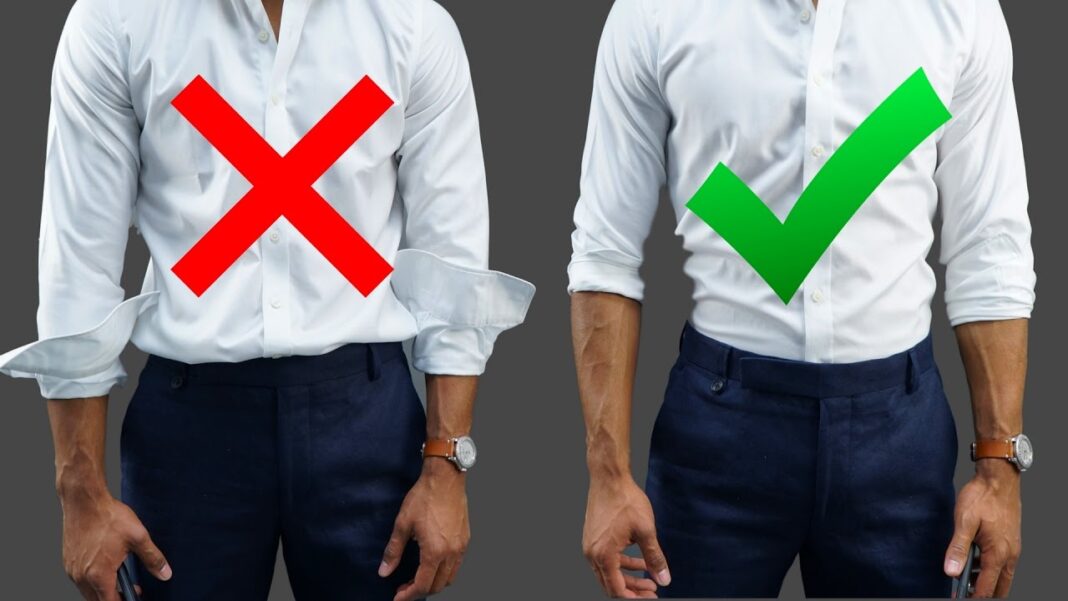One of the many problems in our tertiary institutions is with what lady students particularly choose to wear.
Indecent dressing of late has become a real problem among not only students and youth but also the society in general.
While the issue of indecent dressing continues to be of great concern to society, many look on helplessly as the youth, particularly students in our tertiary educational institutions continue to flout all rules of decency in the name of modernity and fashion.
This concern has been recently raised by the Vice-Chancellor of the University of Professional Studies, Accra (UPSA), Professor Abednego F. O. Amartey who reportedly issued stern directives to female students against “showing skin” by what they wear on campus.
Speaking at the University’s 2021 matriculation recently, the Vice Chancellor reportedly said “I have noticed that some of you have started wearing short skirts all over the place. The UPSA is a professional institution and we dress very well. We have directed lecturers that if you dress in an inappropriate manner, they should remove you from the lecture halls.”
He was reported to have warned: “You are not allowed to dress the way we have seen you dress these days. We allowed it in the past week because we assumed you did not know. Now you know, so there should not be excuses. Short skirts, torn jeans and other such apparel that exposed vital parts of the body will not be tolerated.”
The Vice Chancellor of UPSA did not minced words when he reportedly cautioned female students who wear indecent outfits, especially when attending lecturers to desist from it and ordered lecturers of the University to throw out female students who come to class indecently dressed.
The Vice Chancellor’s directive is not outlandish at all, if we take into account our cultural norms, practices, decencies. While not advocating total blanket control, a moderate dressing concerning those values is not out of place at all unless we want to say everything goes rote by copying of foreign values and dress style.
Indeed, the concerns of the Vice Chancellor, in the view of Newswatchgh.com, indicate that indecent dressing by students goes against the University’s rules.
Some years back, some Private Universities in Accra introduced dress codes for their students with the aim of ensuring that they dress decently on campus. Some human rights activists have also expressed concern that such codes infringe on the rights of the students. However, one can admit that wearing of indecent outfits to lectures is unacceptable.
A lot of talk has gone on about the growing dress challenge in our tertiary educational institutions, but there is the need to stop further degeneration by taking steps to ensure that students in these institutions dress in a manner that is more widely acceptable. For a start, it will be helpful to have an unambiguous definition of what constitutes indecent dressing in order to define the rules.
Certainly, clothes that expose underpants, waist beads, breasts, belly buttons and thighs cannot fall in the category of decency. The issue of dress code need not put everybody in the same uniform, but the boundaries must clearly be defined in terms of what is acceptable as opposed to what is not.
It is unfortunate that some students’ only intention is to dress to distract the attention of lecturers and their colleagues but the lecturers themselves should be focused and ensure that they are distracted. They need to have the self-control and desist being too free with students of the opposite sex.
Since many of the students in our tertiary institutions are very young, the idea of introducing a dress code in our Tertiary institutions should not be seen as a punitive but a corrective measure and a way of instilling in them some moral values.
Decency must be the guiding principle.
Indecent and provocative exposure is clearly not acceptable and must be discouraged in our tertiary educational institutions. A well-covered, decently dressed and well-groomed student gives a sense of future security particularly to the older generation.
The Youth, particularly students in our tertiary educational institutions must be guided by the fact that decent dressing inspires one’s confidence especially in public. On the other hand, indecent dressing undermines one’s self confidence, giving rise to unnecessary suspicion and fear even when people mean well.
We are very much aware that Christianity and Islam frown against indecent dressing and posture because they are more or less avenues for sin. Generally, uniforms give identity to organisations or corporate bodies, but the danger is if uniforms are prescribed for students and the sewing are not well defined, the students would sew any style they want.
It is sad that dresses are getting more abbreviated, tighter, more transparent and generally more revealing. Necklines are getting lower; blouses are getting smaller and waistlines of trousers are getting lower by the day. In short, clothes worn by our youth, particularly females are getting more daring with some bothering on the provocative nature.
It is our strongest conviction that the Alumni, SRC, parents and lecturers of tertiary institutions should come together to think of the pros and cons of the issue of decent dressing to safeguard the interest of those who are to lead the nation in the future.
Newswatchgh.com strongly believe that decency should be part of the Ghanaian culture, which needs to be protect, promoted and defended. How you dress speaks volume to the outside world. As a nation, we need not to condone nudity or obscenity.
We are not in Europe or America. Africa is for Africans and our culture should not be traded too.



